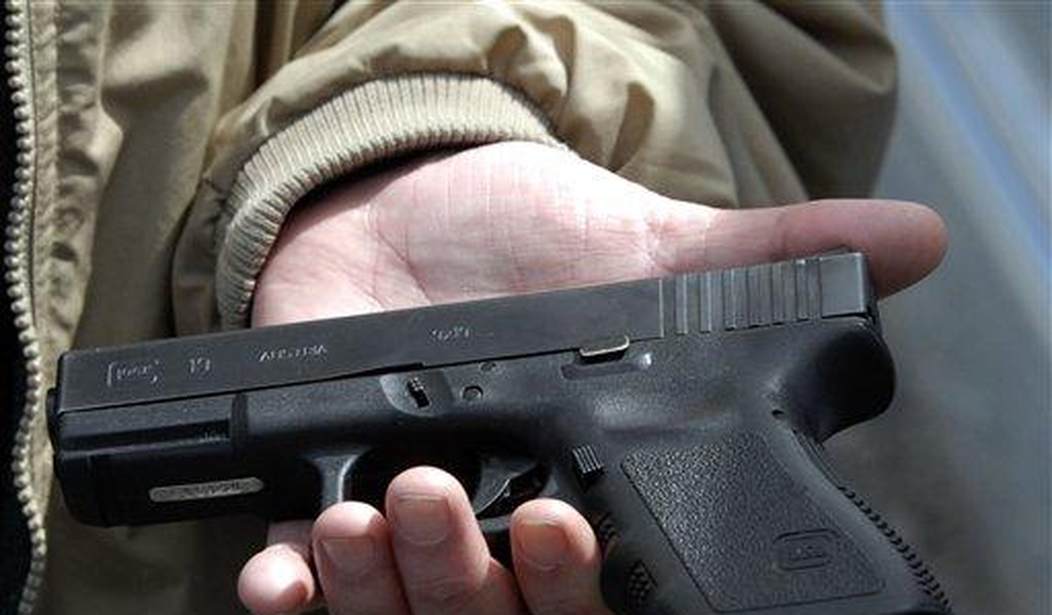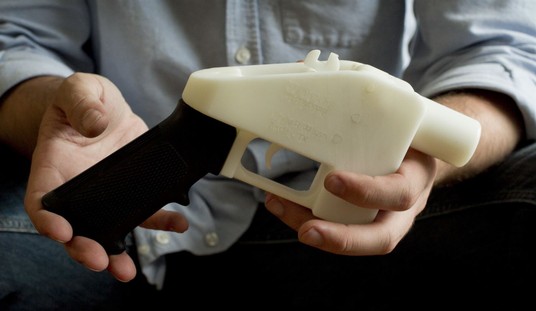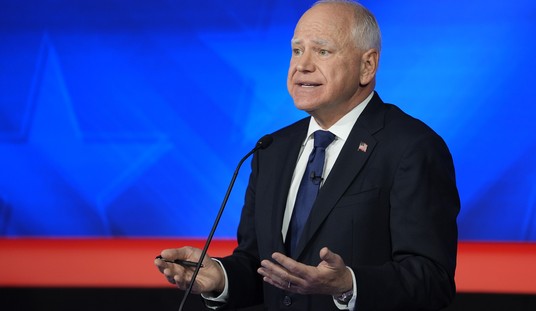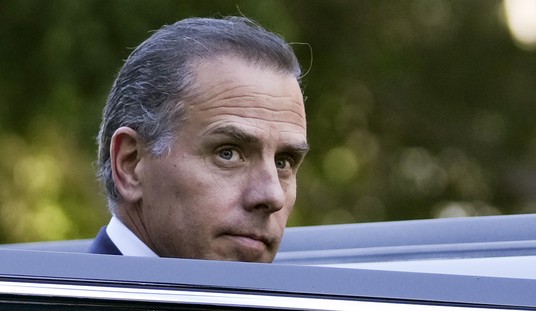When SB 41 is delivered to Gov. Roy Cooper, he’s probably going to send it right back to the legislature, but the chances of a veto override appear to be pretty strong at the moment, at least if the bipartisan coalition that approved the bill sticks together.
SB 41 doesn’t just scrap the state’s pistol purchase permit system, which was put in place back in 1919. It also changes state law to allow licensed concealed carry holders to lawfully bear arms in churches and other religious services held in private or charter school settings. Cooper has vetoed similar bills in the past, but thanks to legislative victories last November Second Amendment supporters should have the votes to turn the bills into law over his objections.
The proposal would make it so sheriffs no longer have to perform evaluations of an applicant’s character and mental wellness before they can purchase a handgun. Supporters of the bill say the permit requirement has become duplicative in light of digitized mental health records and thorough updates to the national background check system. Rep. Jeff McNeely, an Iredell County Republican, said it would streamline the process for law-abiding gun buyers.
“It just allows everybody, every citizen in the state of North Carolina, to have their constitutional right granted to them so that they can protect their self,” McNeely said.
While people who buy from a gun store or a licensed dealer would still be subject to a national background check, Democrats raised alarms again Wednesday that background checks are not required for private exchanges between two individuals. Private sales only require buyers to obtain a sheriff-issued permit, or face a misdemeanor charge.
Rep. Pricey Harrison of Guilford County said the repeal would create a loophole that could enable dangerous individuals and those with mental health issues to more easily obtain weapons.
“The sheriffs know best back home who should and should not be carrying a pistol,” Harrison said during floor debate. “There’s so much more we could be doing about keeping our communities safe. But unleashing and letting access to guns to individuals who absolutely pose a danger to themselves and others is a real problem.”
Violent actors are not strolling in to their local sheriff’s office to apply for permission to purchase a handgun. They’re getting their guns through theft and the illicit market, or perhaps through a straw purchase involving someone who has obtained a permit-to-purchase.
At the same time, folks who want to stay inside the law are forced to satisfy the arbitrary and subjective concerns of their county sheriff before they can exercise a fundamental right. This law has been abused throughout its time on the books, and as Grassroots NC’s Paul Valone has pointed out, while the law may not have been explicitly racist in its language, in practice it has been used to deny many black North Carolinians access to their right to armed self-defense.
Following race riots in East St. Louis in 1917, both Missouri and North Carolina quickly passed handgun “permit to purchase” (P2P) laws. (3) Although North Carolina’s version has changed since passage in 1919, permits were originally issued by Clerks of Superior Court, who were required to satisfy themselves of the “good moral character” of the applicant – a measure which scholar Clayton Cramer suggests may have been “a euphemism to hide something that even in 1919 would have been an embarrassment…”
Cramer goes on to say, “…race has often been at the heart of gun control laws, and while there are no ‘smoking gun’ quotes with respect to P2P, there are some pieces of circumstantial evidence that suggest that the law was intended to be enforced in a racially discriminatory manner.”
Indeed, newspaper clippings from the era suggest about how the P2P law was enforced. Said a December 31, 1930 Durham Sun headline: “Pistol Permits Issued to Many: 450 Citizens Received Permission Since 1919; Mostly Whites” [emphasis added]. It goes on to explain, “A total of 450 permits to purchase pistols have been issued to Durham citizens since 1919, according to records kept in the office of clerk of superior court. Few permits were issued to Negroes, the records show, the issuance being restricted almost entirely to white persons [emphasis added].
An April 1, 1920 piece in the Rockingham Post-Dispatch – just months after the P2P law took effect – published the name and race of people who got permits, such as this one: “July 19 – Alex Wall, colored, age 46” [emphasis added]. Cramer found two clippings from Winston-Salem – one in which 14 of 15 defendants charged with carrying concealed weapons were described as “colored” and another in which 19 of 20 defendants are described as “colored.”
Supporters of the pistol purchase permit have alternately tried to argue that the law was never really a part of Jim Crow, or that if it was racially discriminatory in practice in the past that’s no longer the case today, but research has shown that in Wake County black applicants are still almost three times as likely to be denied a permit than white applicants. That might not be proof of racial discrimination, but it’s definitely cause for concern.
On paper, the votes to override Gov. Cooper’s expected veto are there, but there’ll be enormous pressure on the handful of Democratic lawmakers who supported SB 41 to reverse course and back Cooper’s veto during an override session. North Carolina’s gun owners have done a fantastic job of communicating with legislators and keeping up the pressure to support SB 41 so far, but there’s a little more work to be done before they can be assured of victory.









Join the conversation as a VIP Member